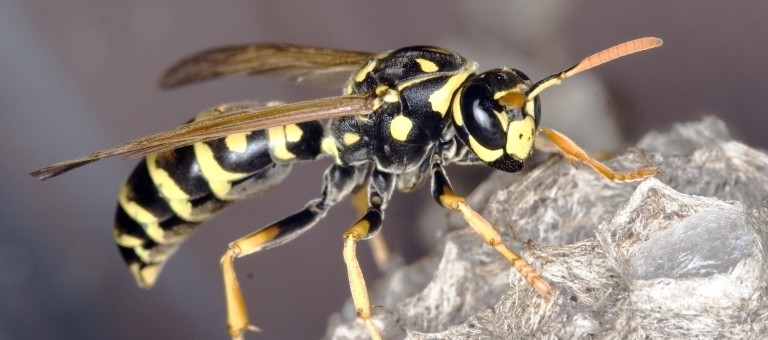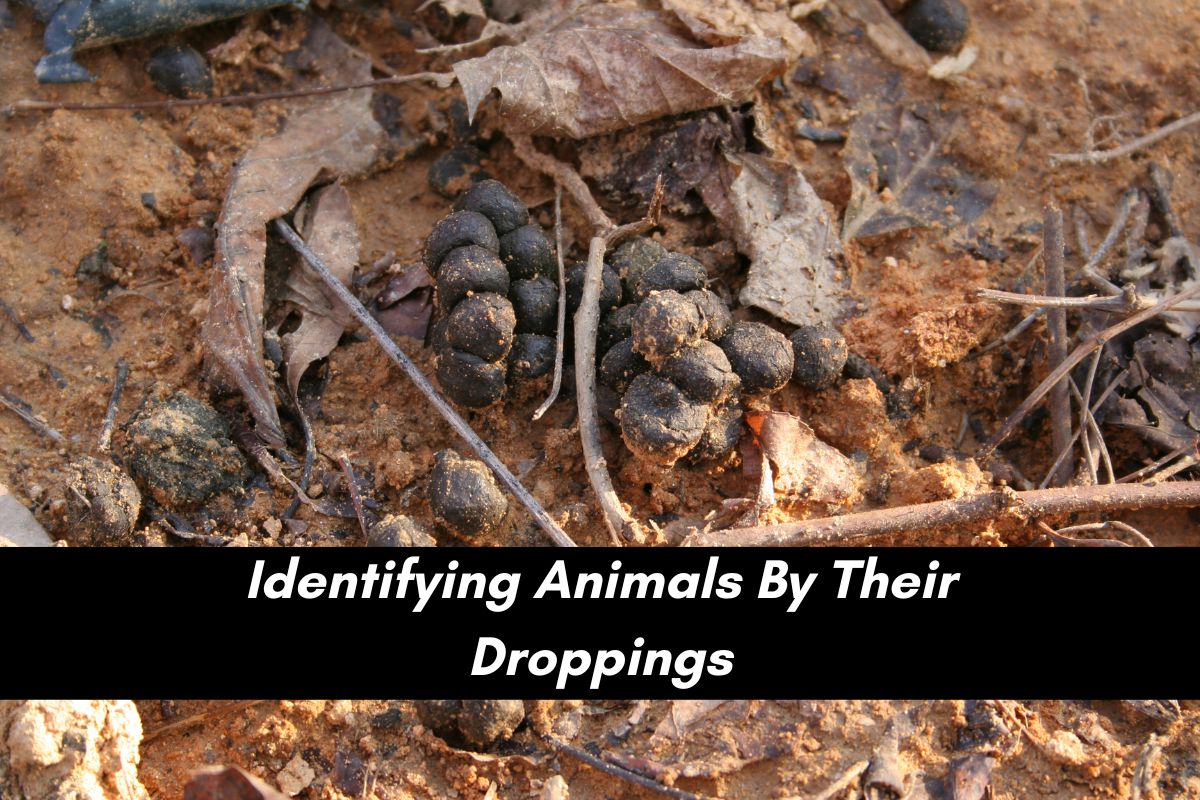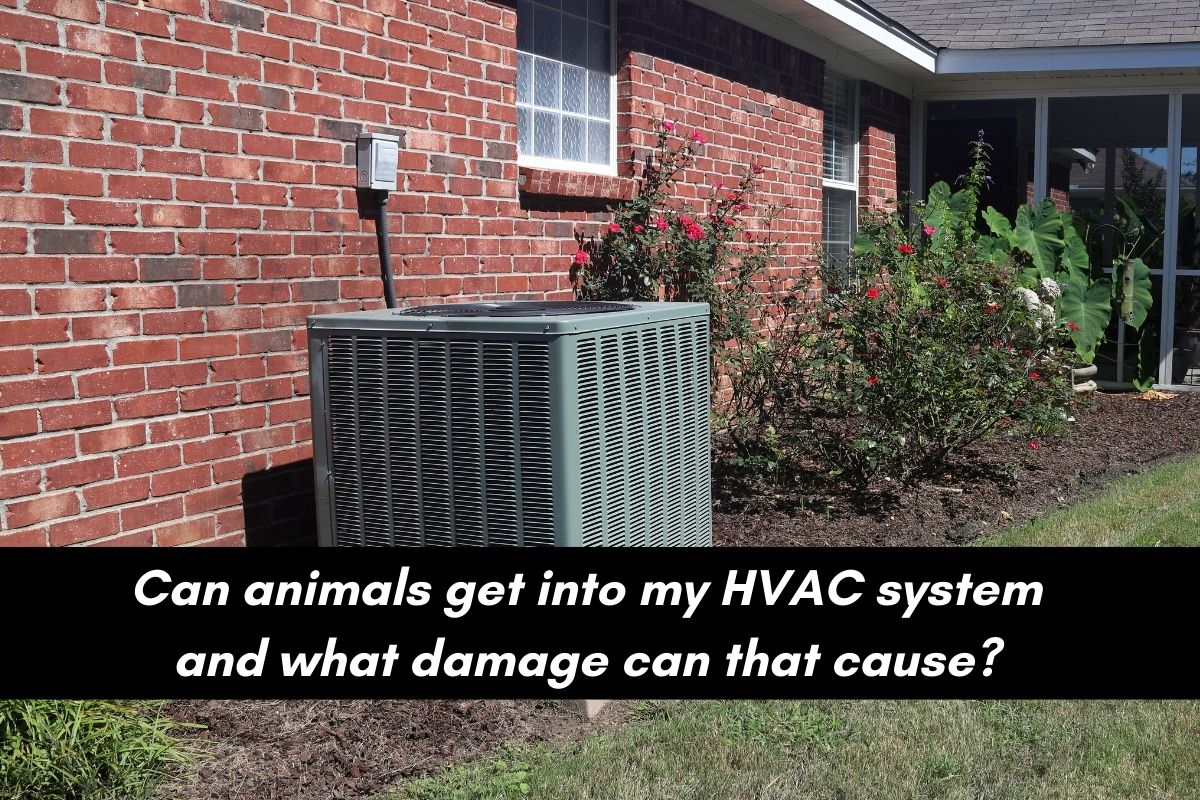
What to Do If A Bee Stings You This Summer
- Posted by Lance
- On June 18, 2015
- 0 Comments
An insect sting can result in anything from a minor annoyance to a life-threatening condition. Make sure you know what to do if you have an unfortunate tangle with a bee, wasp or hornet this summer in the Raleigh, NC area.
When bees buzz around you, they aren’t trying to sting. More likely, they have mistaken you for a flower, by smell or because of the color of your clothes. Typically, bees will sting when they are in defensive mode, such as when you swat them away, or come too close to their nest.
A single sting can, well, sting, and for most of us, a little irritation, swelling or itchiness at the site is the extent of the injury. But when multiple stings occur, you can have a more serious reaction. If you inadvertently disturb a hive, a swarm of bees can attack, stinging many times. For all of that, bee stings are rarely fatal. It takes the venom of 10 stings per pound of body weight to be dangerous. For example, insects would need to sting a 150-pound adult 1500 times to have a lethal impact.
But for those one or two out of a thousand people who are allergic to bee, wasp or hornet venom, even one sting can be deadly. For those people, the body’s immune system overreacts and can that can result in anaphylactic shock, and even death.
You’ve Just Been Stung By A Bee: Here’s What to Do
Don’t know if you’re allergic or not? If you don’t have a history of reacting to a bee sting, follow these guidelines by The United States Department of Agriculture:
- Look for localized redness, pain or itching. Swelling at or near the injury site is normal.
- Take an antihistamine, such as Benadryl, to reduce swelling.
- Remove any stingers by scraping sideways with your finger or using the edge of a credit card. This will prevent more venom from entering your system.
- Topical solutions such as calamine can calm the irritated area.
- Monitor your symptoms, keeping in mind that severe reactions can begin immediately or up to 30 minutes after the sting.
Not all severe reactions are life threatening, but venom can cause a toxic reaction, so if you’re stung, especially multiple times, or if you know you are allergic, you should take the following action and monitor your symptoms closely:
- Stay calm. Additional adrenaline from fear or worry can make your symptoms feel worse than they may actually be.
- Look for symptoms that are system-wide—not limited to the injury site, such as:
- Skin change, i.e. a rash or hives—not limited to the area of the sting
- Severe stomach discomfort—cramps, vomiting or diarrhea
- Headache or dizziness
- Shortness of breath, difficulty breathing, swelling of throat, neck or tongue
- Drop in blood pressure
- Unconsciousness
- If any of these symptoms occur, call 911 immediately.
- If you are allergic and have an Epi-Pen, (prescription adrenaline), inject the medicine as prescribed as soon as you realize you’ve been stung, or direct someone to do so. Even if symptoms dissipate, still seek immediate medical attention. You could still have a resurgence of a reaction once the initial dose wears off.
Locating and Removing Hives near Raleigh, NC
Was the sting a one-time thing, or could you have a swarm of bees or wasps lurking in your shed, garden, attic or walls? Look for signs of honeycombed nests near the ground, in your crawlspace or attic, outdoor chair cushions or building material, or anywhere you notice insects flying. If you find a hive and choose to remove the hive yourself, be sure to wear protective clothing. A beekeeper’s association also suggests getting the job done during the evening when the insects are more likely to be in the nest, and not flying around.
Once you have removed the hive, the next step is determining how the insects found that spot in the first place, particularly if it was in the house. Plug holes that may lead into your attic or shed to keep new insects from finding their way into your home.
Need Help Removing Bees?
Bees, wasps and hornets are annoying at best, and dangerous at worst. If you notice a nest or hive in or near your house, it should be removed for your safety. Rather than risk injury, why not have the experts get rid of the potentially angry stingers? Critter Control of the Triangle is experienced in locating and removing bees, wasps and hornets from your home, leaving you sting-free. For more information, contact us at 1-800-CRITTER or 919-382-0651 in Raleigh, Cary, Apex and Durham, NC.











